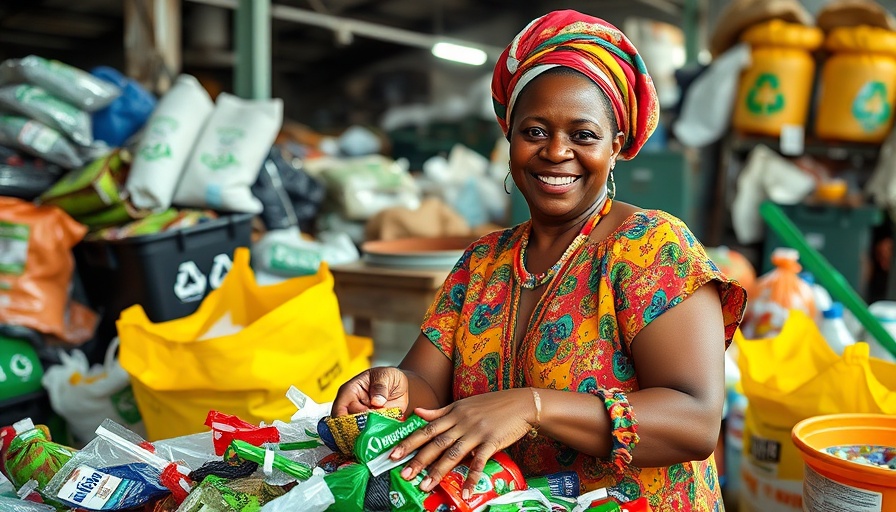
The Challenge of Plastic Pollution in Bangladesh
In a bold move, the government of Bangladesh has renewed its commitment to tackling plastic pollution with a crackdown on single-use plastics. This initiative comes after the failure of an earlier 2002 ban on polythene bags, which, despite its ambitious intent, did not bring the desired results. By 2020, per capita plastic consumption had tripled, leading to dramatic environmental consequences, particularly in riverine regions where plastic waste exacerbates flooding and threatens local ecosystems.
Learning from Past Mistakes: A Historical Context
The journey to sustainable living began in 2002, when Bangladesh became the first country to impose a ban on polythene bags. However, political infighting and insufficient enforcement led to its downfall. Activists played a significant role in pushing for this ban, which initially saw strong public support. Over the years, political unrest and indifference eroded any progress made, highlighting the necessity of not just enacting laws but also enforcing them. With the new government focusing on sustainable alternatives, there's hope for a redefined approach to eco-friendly products.
Government Action: From Ban to Enforcement
As part of its new strategy, the government is not only reinstating the ban on polythene bags but is also taking steps to promote biodegradable alternatives, particularly jute-based products. This shift is crucial, especially as Bangladesh produces 87,000 tons of single-use plastics annually, with a vast majority ending up as waste. The Ministry of Environment has begun to enforce existing regulations, indicating a serious commitment to reducing plastic waste and fostering a circular economy through the use of renewable resources.
Community Engagement: The Role of Activists
Support from civil society is indispensable in this endeavor. Activists who campaigned for the original ban are once again mobilizing efforts to raise awareness about the environmental impact of plastic. Their persistence underscores the importance of community involvement in effecting change, reinforcing the idea that informed citizens are integral to advocating for sustainable practices and reducing their own carbon footprints.
Looking Forward: Future Predictions for Bangladesh's Plastic Policy
If the government can maintain its resolve and adapt its strategies based on past failures, there is a promising future ahead. The success of this ban will rely heavily on consistent enforcement and the availability of sustainable alternatives. As international focus on climate change intensifies, Bangladesh’s actions could serve as an inspirational model for other nations grappling with plastic pollution.
In conclusion, the dedication to eco-friendly policies and sustainable solutions represents a critical turning point for Bangladesh. Engaging communities, enforcing laws, and promoting alternatives will be vital in charting a sustainable future for the nation.
 Add Row
Add Row  Add
Add 



Write A Comment